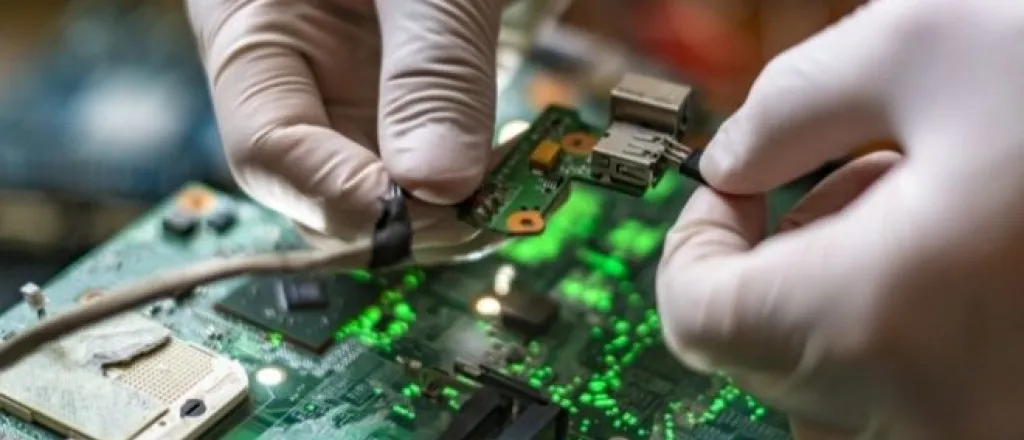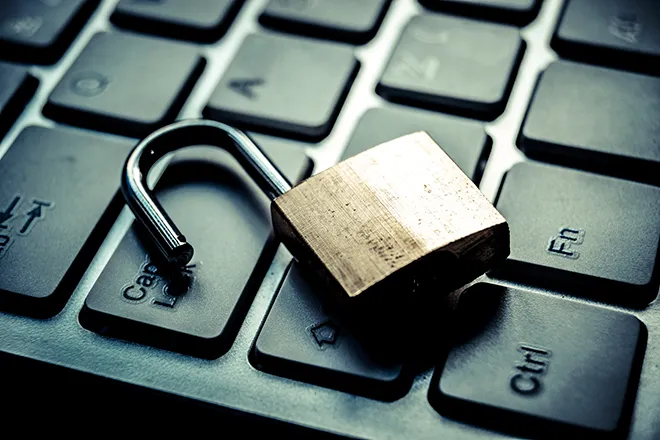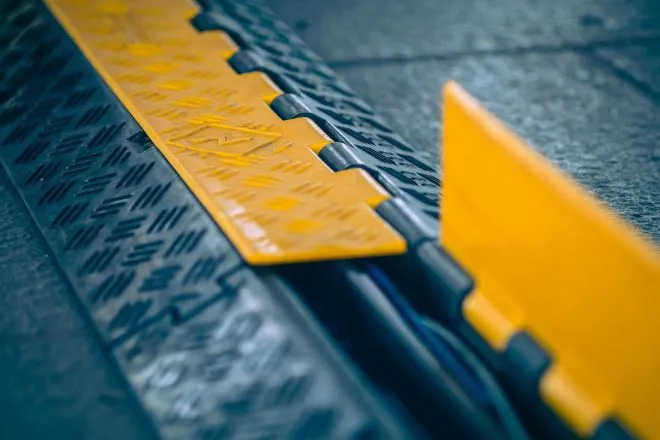
The Most Common Applications for PCBs by Industry
PCBs are used in every electronic device across many industries. They’re so popular that many people use them multiple times per day without realizing it. But what are they?
In essence, PCBs are circuit boards that connect the electronic components within a device. They’re constructed from a substrate and conductive material (usually copper) and can be single-sided, double-sided, or multilayered. Some PCBs are flexible, while others are rigid or a combination of the two.
With PCBs present in a myriad of products used every day, some of the most common applications for PCBs by industry include
- Medical
- Lighting
- Electronics
- Manufacturing
- Automotive
PCBs and the Medical Industry
Printed circuit boards are quickly replacing bulky wires in numerous products across the healthcare field. These components—particularly flexible PCBs—are beloved by manufacturers of medical devices for their ability to fit within a wide range of products. Some of the most common applications of PCBs in the medical industry include
- CT and CAT scan systems
- Heart rate and blood pressure monitors
- Infusion pumps
- Pacemakers
PCBs and Lighting
Energy-efficient LEDs are an increasingly commonplace lighting option. Many people are unaware that PCBs play a significant role in the function of LED bulbs. For example, PCBs disperse heat to keep the bulb functioning longer. LED PCBs are often found in the following lighting applications:
- Smart lightbulbs
- LED signage
- LED headlights and taillights
- LED displays in TVs, laptops, and computer monitors
- Surgical lighting
PCBs and Everyday Electronics
PCBs are taking over the consumer electronics sector. As PCB devices get smaller and smaller, they become a better and better option—especially since the outdated alternative are bulky, complicated masses of wires. Some of the most popular applications of PCBs in everyday electronics are
- Smartphones and watches
- Tablets
- Laptops and desktop computer towers
- Video game consoles
- Refrigerators
- Programmable coffee makers
PCBs and the Manufacturing Industry
Printed circuit boards are taking over the industrial sector. PCB manufacturers use different PCB assembly processes to build powerful boards for a range of tough industrial applications. Some of these applications include
- Electric drills
- Solar power equipment
- Equipment that measures factors such as pressure and temperature
PCBs and the Automotive Sector
Last on our list of the most common applications for PCBs by industry is the automotive sector. These innovative devices have more and more uses, evolving from standard applications such as windshield wipers to advanced safe driving components. PCBs are also used in the following:
- GPS systems
- Car stereos
- Fuel regulators
- Sensors
From everyday uses to incredibly durable industrial devices, PCBs are becoming useful in more and more applications.















